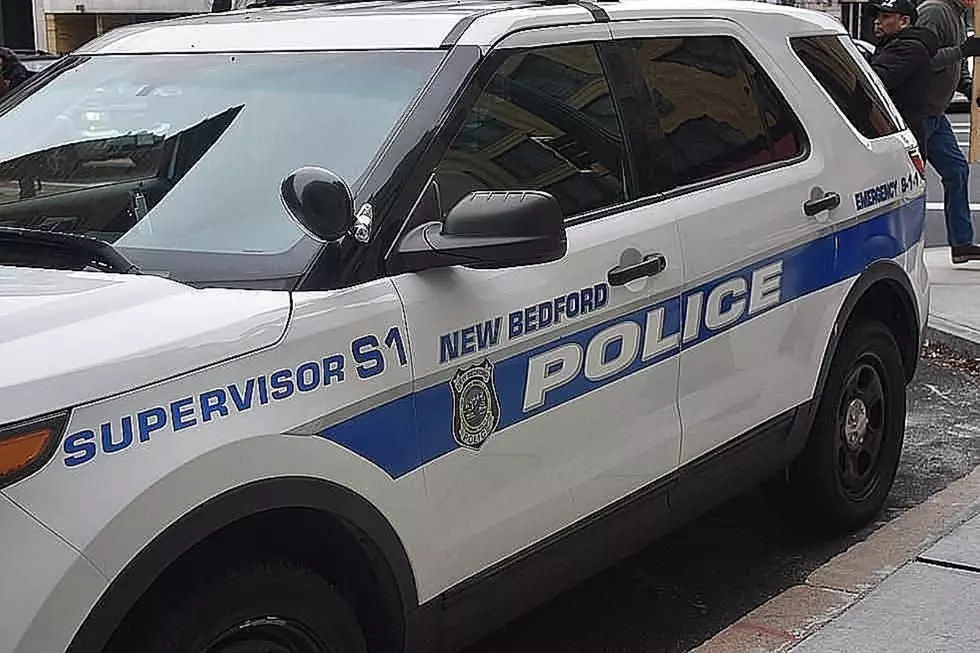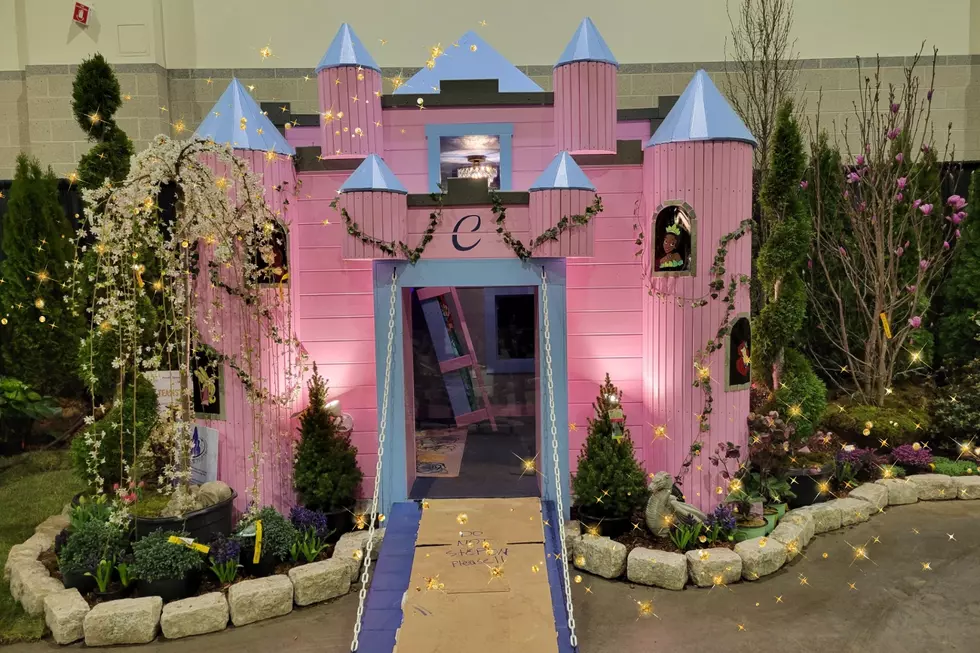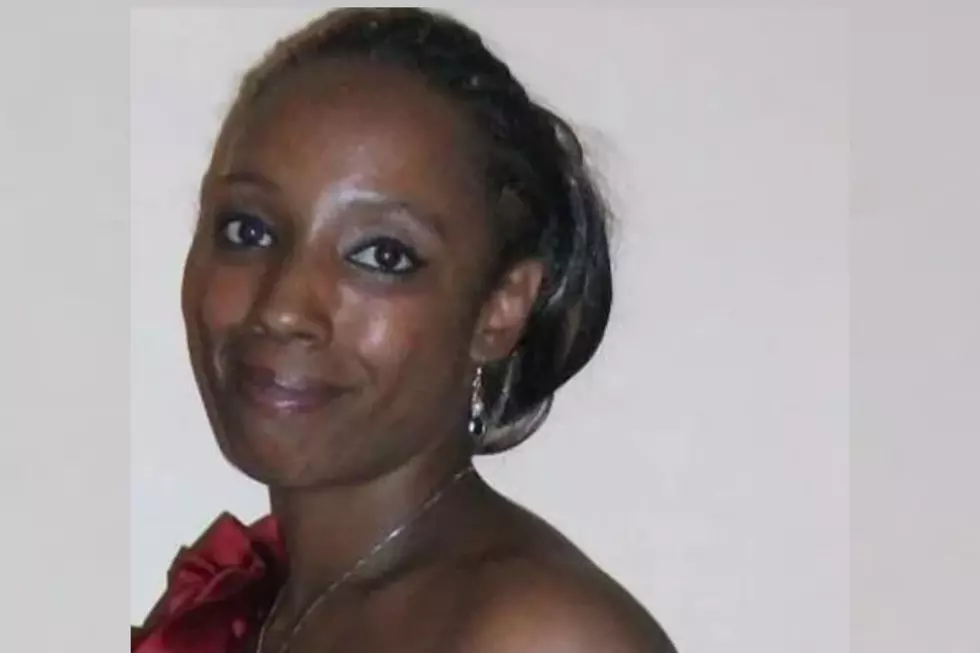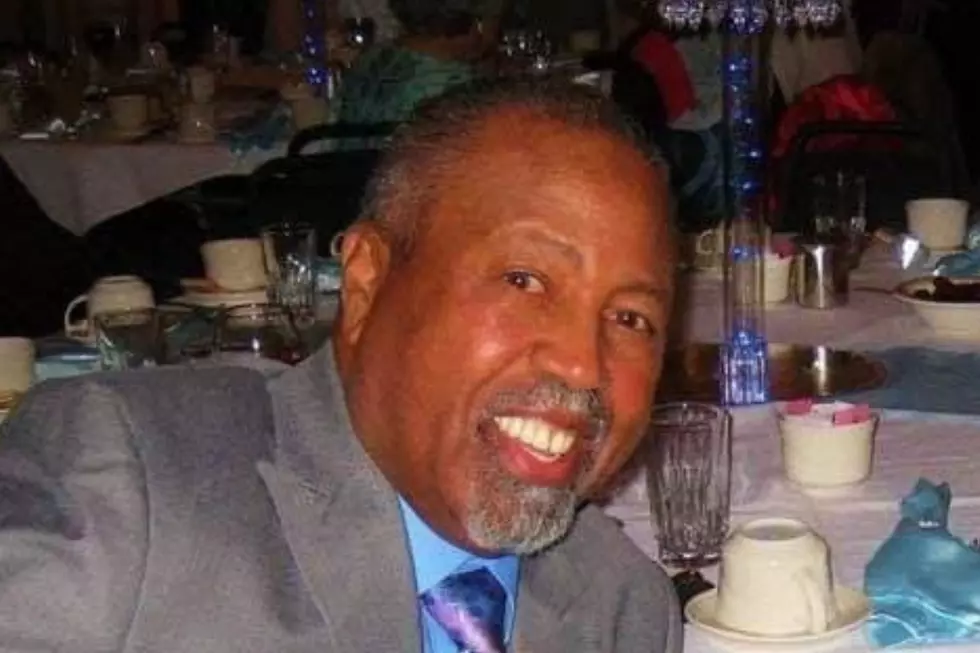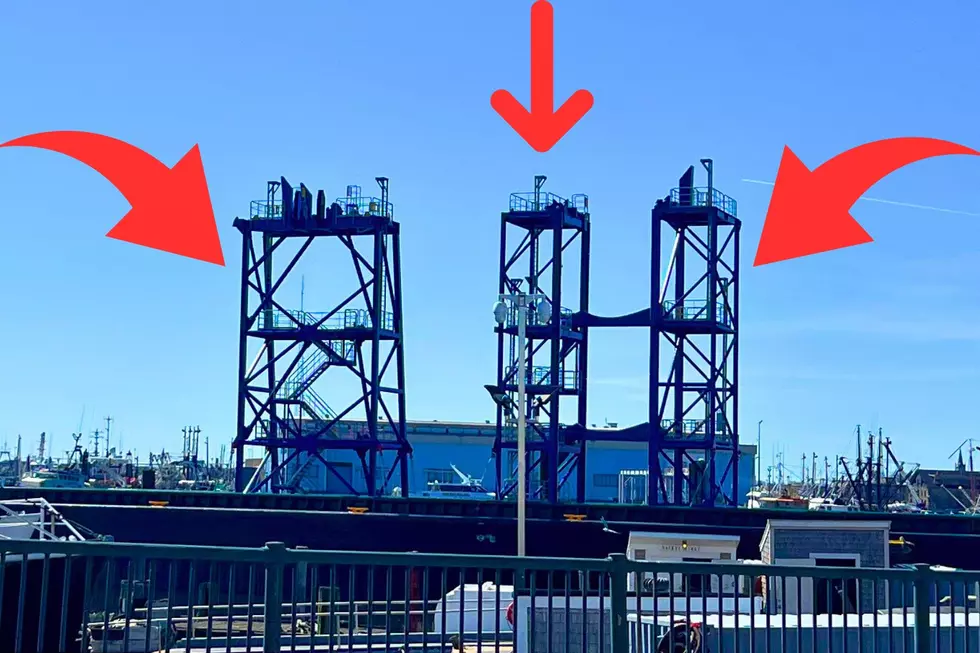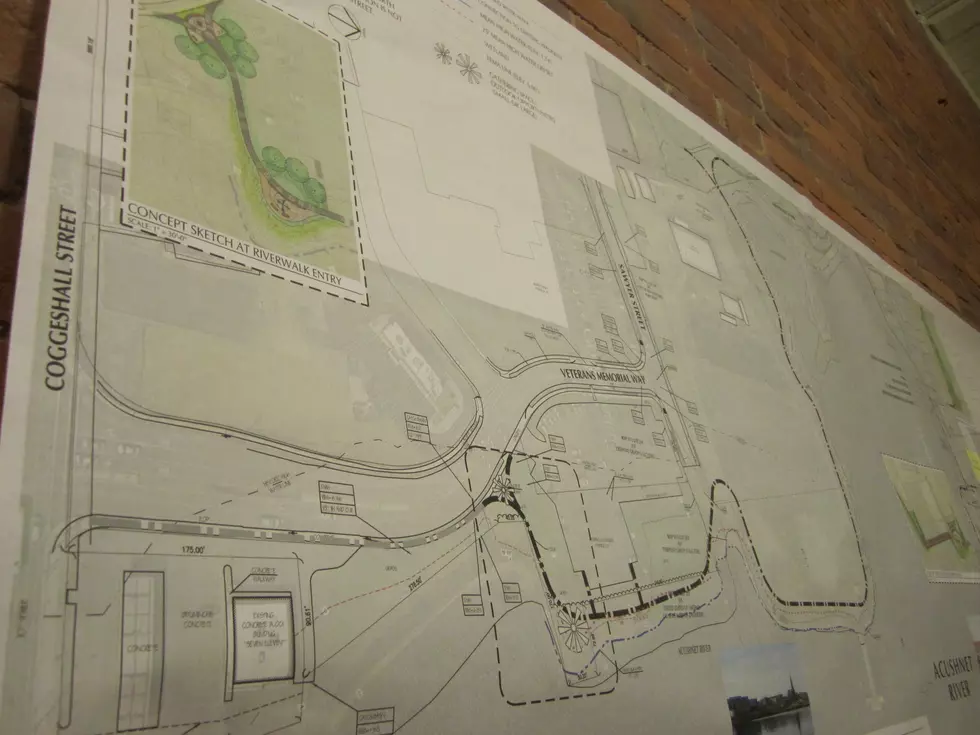
New Bedford RiverWalk to Receive $670K in State Funding
NEW BEDFORD — The Baker-Polito Administration today joined New Bedford Mayor Jon Mitchell to announce that nearly $670,000 in funding will be used to design and construct the first phase of the “Riverwalk Project” along the Acushnet River as part of the efforts to compensate for the effects of contamination in the greater New Bedford Harbor area, which has recently seen the restoration of the habitat surrounding nearby Palmer’s Island.
“New Bedford is a vital community that has made the most of the economic opportunities associated with coastal commerce and industrial development,” said Governor Charlie Baker, who held his monthly Cabinet meeting in the city this morning. “The funding announced today is the next step in the Commonwealth’s efforts to help the city restore habitat along its shoreline and reconnect its residents to the water.”
“The Commonwealth has been a partner with local and federal officials to address historic contamination in and around New Bedford Harbor in order to bring these vital resources back for all to use,” said Lieutenant Governor Karyn Polito. “The Palmer’s Island restoration and the new Riverwalk project are just two examples of the work that will enhance the quality of life for all in this community.”
“The starting point for everything we do as an administration is maximizing on the value of the assets we have as a community,” said New Bedford Mayor Jon Mitchell. “In this case, our Upper Harbor is an unparalleled recreational resource whose development has long been impeded by the need to address underlying contamination. I could not be more pleased to see the dramatic progress being achieved in the overall cleanup and the simultaneous preparations we’re making to create this spectacular waterfront walkway for our residents. Support from the Baker-Polito Administration was instrumental in the HarborWalk and CoveWalk projects and is of equal importance to our success with the RiverWalk, and I am grateful to the administration for their support."
The Riverwalk and Palmer’s Island projects are part of more than $20 million in Natural Resource Damages (NRD) settlement funds utilized by the New Bedford Harbor Trustee Council. The Council oversees the restoration of natural resources that were damaged or lost due to PCB contamination in the harbor. Since its implementation in 1998, the council has funded more than 40 restoration-related projects.
“Over the years, the NRD funds have been used to restore, replace, or acquire and protect injured natural resources in and around greater New Bedford Harbor,” said Energy and Environmental Affairs Secretary Matthew Beaton, who is the Commonwealth’s NRD Trustee. “Projects like those announced today have helped to repair salt marsh, eelgrass and freshwater wetlands, supported migratory fish and birds, and returned recreational access to the waterfront.”
As part of the settlement fund, the Trustee Council has approved the use of $2.9 million in three phases for the Acushnet River “upland riprarian walkway,” better known as the Riverwalk project. Today’s announcement involves $669,833 for the design and construction of the first phase of the Riverwalk, which will involve a multi-year effort to preserve a 25-foot-wide corridor of land along 2.2 miles of the Acushnet River, construct a walking path in this area, and create nearly six acres of native vegetationwhile controlling invasive plants.
“As the New Bedford Harbor Superfund cleanup has progressed, Massachusetts and our partners have recognized the importance of coastline and waterfront areas,” said Commissioner Martin Sunberg of the Massachusetts Department of Environmental Protection, which has taken a lead role in the NRD restorations. “The Riverwalk is an important resource and recreational project, helping people re-connect to nature.”
The first phase of the Riverwalk project begins at Coggeshall Street north to Sawyer Street; other segments include areas along Pierce Mill Cove and Riverside Park, Victoria Riverside and Riverbank Lofts, two former industrial mills that have been converted into residential units through Brownfields redevelopment. Funding for the second and third phases of this project is expected to total $2,018,883.
Earlier this year, the Palmer’s Island NRD ecological restoration project was completed. The Trustee Council provided $100,000 to the City of New Bedford for habitat enhancements at the island, and the separate Bouchard B-120 Trustee Council provided an additional $20,000 to help improve access on the island via trails and the beach. These funds also helped to create a trai system, install signage and benches for passive recreational use. The work also involved the removal of debris and invasive species, and the re-planting of native species along the wetland and other areas.
--Massachusetts Department of Environmental Protection
More From WBSM-AM/AM 1420
